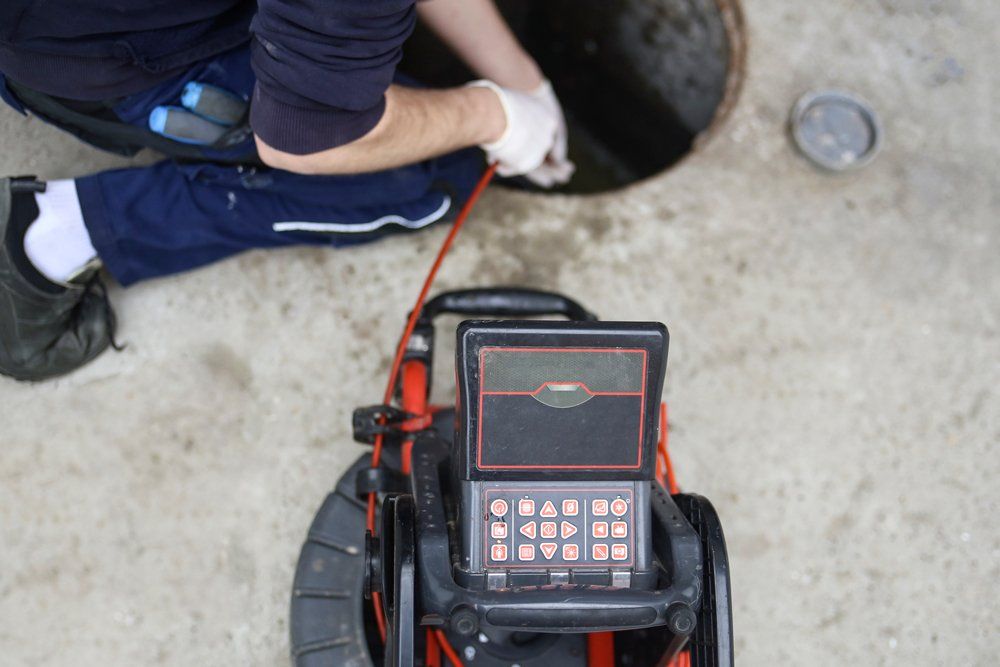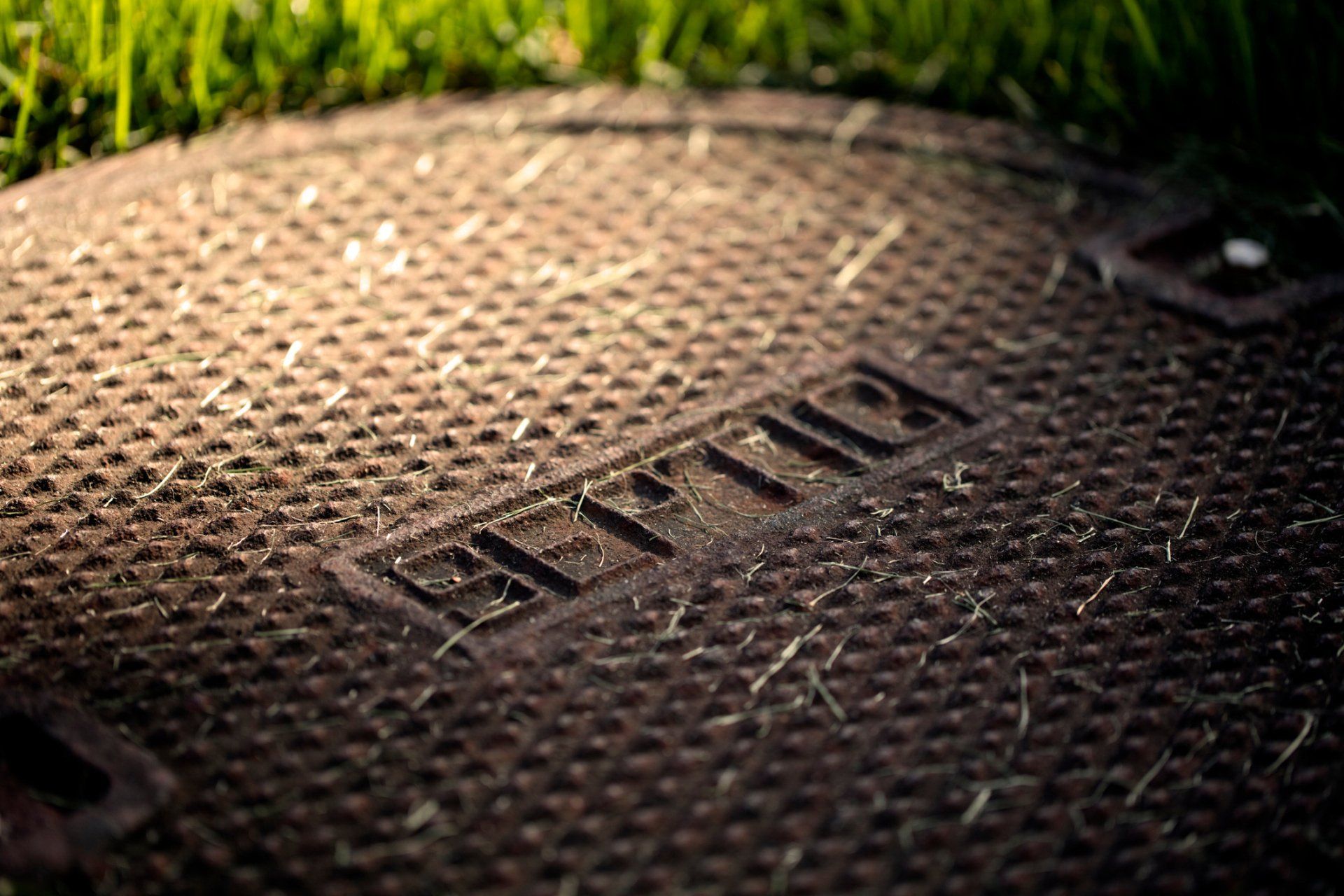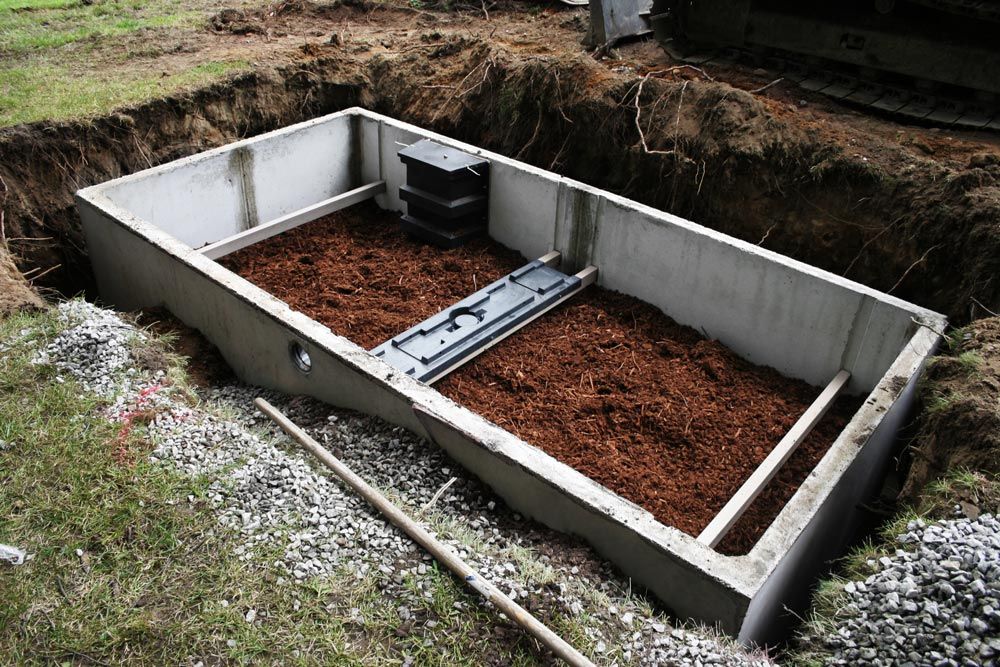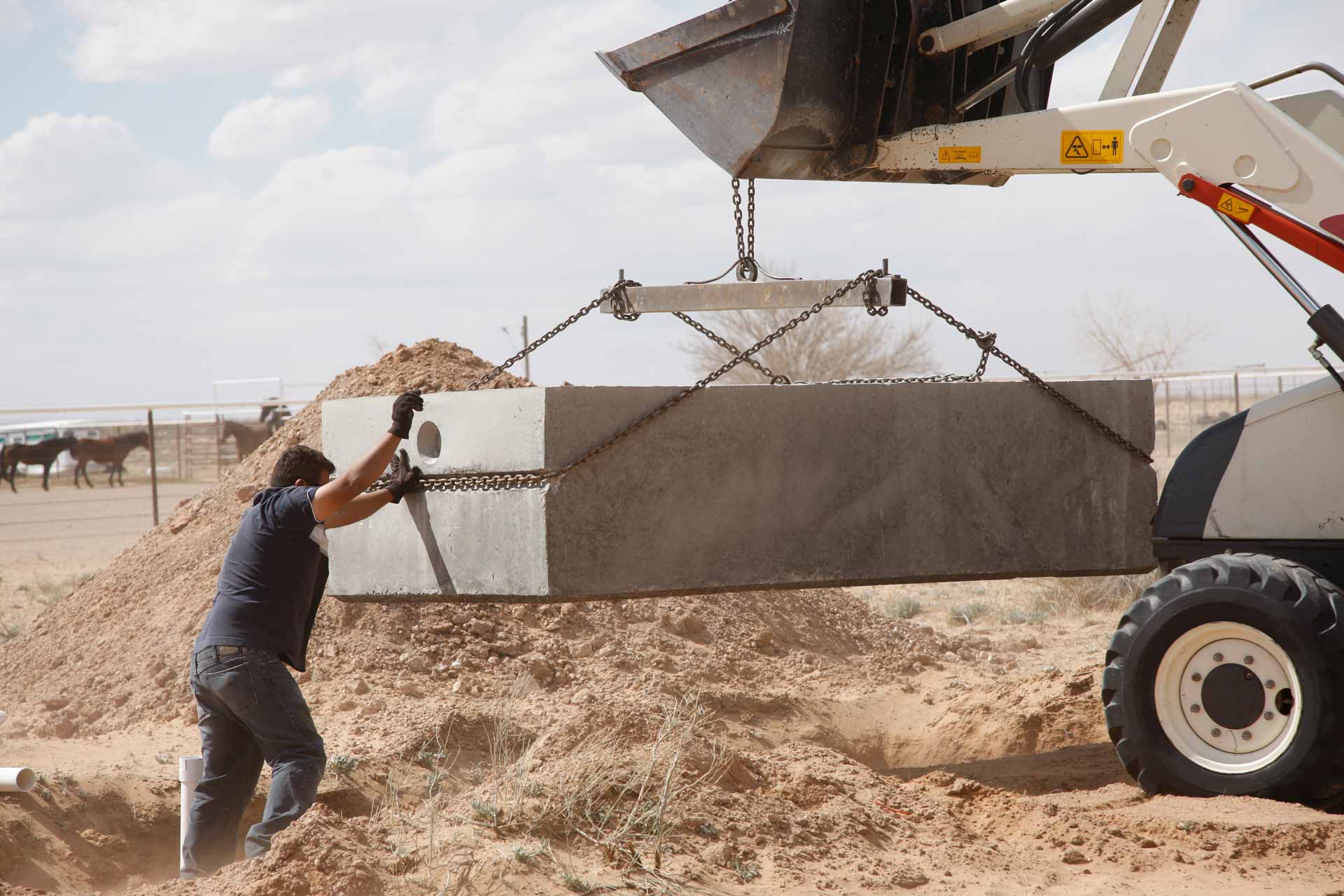Septic System Do's and Don'ts | Pete's Outflow Technicians
Do's and Don'ts of Keeping Microbes in Your Septic System Happy
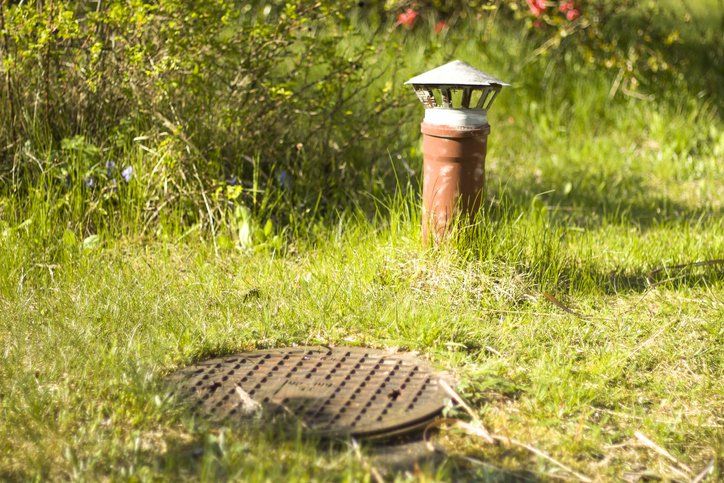
Your septic system uses both aerobic and anaerobic bacteria to treat your wastewater. In the tank itself, millions of anaerobic bacteria work hard to break things down. And in the leach field, anaerobic bacteria and aerobic bacteria work together in a biofilm that grows both inside the pipes and outside, in the gravel bed that the pipes rest in.
Here are the do's and don'ts of keeping these microbes happy so you can continue to use your faucets and drains.
Do Pump Regularly
Neglecting septic tank pumping can lead eventually to a failed leach field. This can happen when the tank isn't pumped often enough or when it's overwhelmed by too much wastewater. As a result, the tank floods the field, resulting in an oxygen-deprived environment and allowing the biofilm to thicken as the anaerobic bacteria take over.
Eventually, the pipes will become blocked up with solids escaping from the tank so that liquids can't force their way through anymore. But either way, this is a septic disaster that can easily be avoided with some basic septic maintenance. Pumping your tank regularly and being aware of your water usage can greatly reduce your chances of developing leach field problems.
Don't Flush Chemicals
Antibacterial soaps and bleach can save lives, but they do it by killing microbes. So flushing them into your septic tank, which relies on microbes for its wastewater processing, isn't the best plan. Fortunately, the few drops of bleach you use to clean your toilet bowl is unlikely to cause a problem, but that should be the only time you put cleaners down the drain.
Don't Add Weird Stuff
Septic tanks came into being around 1860, so it makes sense that they have some urban myths floating around them. But no matter what you hear, you should never add a dead chicken to your septic tank. Yes, a dead chicken has plenty of bacteria in it but so does what you flush down your toilet every day; the chicken is unnecessary.
Other items to avoid include raw hamburger, dead sheep or cats, yeast, and chopped cabbage. In fact, you probably don't need to add any supplemental bacteria unless you've flushed a lot of bleach or taken a course of antibiotics recently. Adding things the tank wasn't meant to handle (such as dead animals) is more likely to do harm than good.
Do Choose Bacterial Additives When Needed
But what about when you do have to take antibiotics or other medications that might harm the bacteria in your tank? In that case, look for a well-known bacterial supplement additive. You still don't need to add enzymes or other additives (like chemicals) as these may cause damage. Talk to your septic professional to find out which additive would be the best bet for your situation.
Don't Route Softener Brine to Tank
Ion-exchanging water softeners use a lot of rock salt, as you probably know if you own one. As that salt gets used up, it ends up in the wastewater coming out of your water softener. And since salt is a preservative and antimicrobial, you don't want to dump that into your septic tank.
A plumbing or septic professional can help you work out the best way to divert and dispose of the brine from your softener.
These do's and don'ts are just some basic principles to keep the microbes in your septic system happily working away at your wastewater. When you care for both the bacteria in the system and the mechanics of the system (such as installing a septic filter, replacing baffles when needed, and clearing any clogs) your system can continue to serve you for decades to come.
If you need your tank pumped out anytime soon or if you're just looking for expert advice on a septic issue you've noticed recently, feel free to give Pete's Outflow Technicians a call today.

